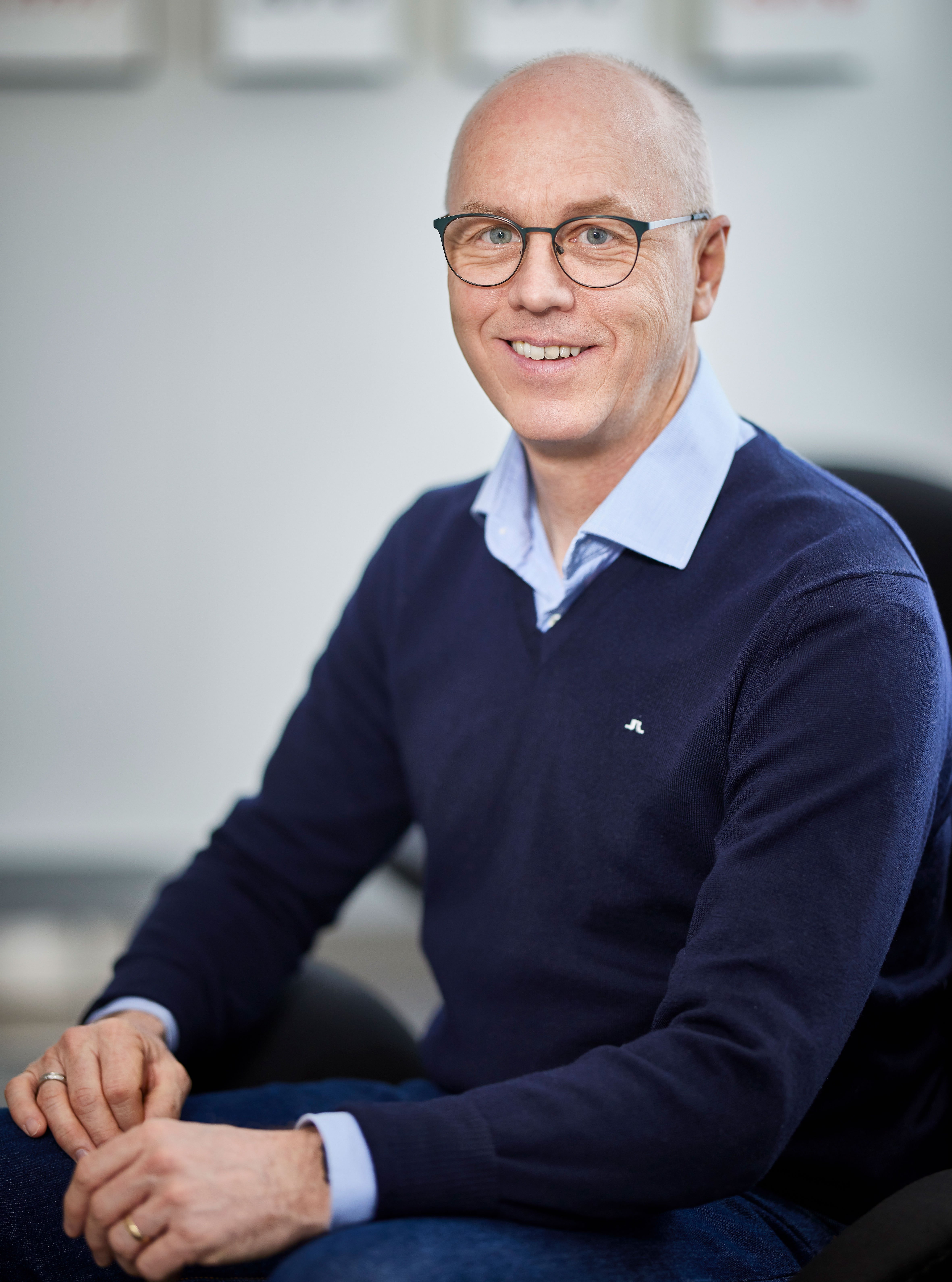By bringing students into our world early, we’re investing in the future workforce that will one day shape new industries, new systems, and new solutions.
 Jesse White, R&D Manager Application Development, KanthalIn 2024, Kanthal welcomed materials engineering students from the prestigious institution in Stockholm for a poster-based examination designed not only to evaluate knowledge but also to simulate real industrial problem-solving. The visit offered a shift from traditional written exams to a more dynamic session where students worked in groups, developed posters on industrial electrification, and presented their concepts to Kanthal engineers and leaders.
Jesse White, R&D Manager Application Development, KanthalIn 2024, Kanthal welcomed materials engineering students from the prestigious institution in Stockholm for a poster-based examination designed not only to evaluate knowledge but also to simulate real industrial problem-solving. The visit offered a shift from traditional written exams to a more dynamic session where students worked in groups, developed posters on industrial electrification, and presented their concepts to Kanthal engineers and leaders.
“It was an experiment,” says Jesse White, a former KTH student himself and now R&D Manager Application Development at Kanthal. “None of us had tried it before. But it turned out to be incredibly well received by the students and by us.”
The poster session focused on a central theme: electrifying industry. With a growing urgency surrounding decarbonization, improving efficiency, and lowering operational costs, students investigated ways to transform industrial heating processes. The goal was to move away from fossil-based methods and adopt electric solutions to achieve these objectives.
Why partnerships like this matter for both sides
For the students, the benefits were clear:
- Exposure to real-world industrial challenges
- A creative, hands-on assessment method
- Interaction with professionals in a future-facing materials company
White noted, “They had visited traditional steel plants before. Here, they saw something different: engineered products, heating elements, and heating systems. It opened their eyes to new possibilities in materials engineering.”
For Kanthal, the collaboration brought equally tangible value.
Recruitment and visibility:
Many students said they'd never heard of Kanthal before the visit. But that soon changed. “The poster session gave us a genuine way to showcase who we are, what we do, and the kind of innovation we’re driving,” White recalls a conversation with some students. “We’re not far from Stockholm, and this kind of exposure is important."
R&D and long-term cooperation:
The collaboration aligned with a broader partnership agreement between Alleima (Kanthal’s parent company) and KTH, laying the groundwork for future research cooperation. “This kind of activity turns a signed agreement into something real,” White said. “Joint projects, seminars, even product development, it all starts with relationships.”
Knowledge transfer and futureproofing:
As senior engineers move toward retirement, companies like Kanthal face a growing need to attract young talent, not just to fill roles, but to keep our collective knowledge evolving. “When experienced technicians leave, they take decades of know-how with them. We need young engineers not just to inherit that, but to build on it,” White shares.
The skillsets we need to scale industrial electrification
As we continue to expand from producing high-performance materials to providing more comprehensive heating solutions, such as our Prothal® electric process gas heaters, we are also evolving the type of expertise we need.
“It’s not just materials scientists anymore. We’re talking about system-level engineering, scaling up to large industrial projects. That means mechanical, chemical, and electrical engineers. Process engineers. People who can help us grow production, scale designs, and deliver at industrial volumes,” White explains.
For students and young professionals eager to enter this field, the message is clear: these are exciting times. Electrification has become a tangible reality rather than just a vision, and we are actively seeking individuals who can help bring it to fruition.
A note on AI, automation, and the future of work
AI is not a substitute for human creativity, engineering intuition, or lived experience. We use it to improve, not to remove, people from the process.
The conversation didn’t stop at student visits; it also addressed a broader concern among young professionals: Will AI replace me?
At Kanthal, we believe in using AI as an assistant, not a replacement. “It’s powerful,” White acknowledged. “AI is not a substitute for human creativity, engineering intuition, or lived experience. We use it to improve, not to remove, people from the process.”
Especially in fields like R&D, manufacturing, and industrial design, human expertise remains indispensable. AI may support literature reviews, generate early drafts, or automate repetitive tasks. But designing a heating system for a steel plant or improving energy efficiency in a semiconductor line? That still takes human insight.
What we’re building isn’t just technical, it’s cultural
We have always believed that innovation is not a solo endeavour; it requires partnerships, diverse perspectives, and individuals who are willing to challenge the status quo. Our collaboration with KTH demonstrates our approach: we open our doors, share our knowledge, and learn from the questions that arise.
These student visits offer more than a glimpse into our day-to-day operations. They create room for dialogue, for exploring what industrial electrification demands and what kind of thinking it takes to get there. Every discussion, every challenge, and every curious observation helps sharpen our understanding.
That’s why we’ll continue to welcome KTH students, because the people we meet today may soon be the ones driving our most critical innovations tomorrow.
“We’re a company with a long history, but we’re also pushing into new territory. Electrification is our focus, and collaboration is how we’ll get there,” White concludes.